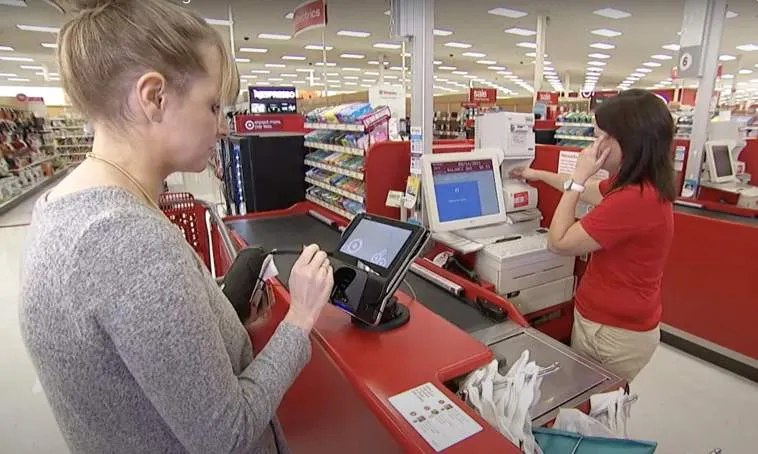(New York Post) It’s a savvy shopper’s favorite time of year: Discounts and deals as far as the eye can see.
You’re probably like me — I don’t like paying full price. But is handing over your email address, phone number or even more worth it for a coupon code? Like most things tech, it depends.
Did you read it when you signed up? Yeah, I thought so. It’s never too late to go back and check the terms and conditions. Here are some recent stats from Atlas VPN, which reviewed some of the most popular shopping apps.
- 58% of the apps they reviewed shared names, home addresses, email IDs and phone numbers with third parties. (That’s code for anyone willing to pay enough.)
- 25% shared device IDs or other unique identifiers for smartphones and tablets.
- Roughly a third disclosed financial data, including purchase history and payment details.
- 28% shared location data with “external sources,” whatever that means.
Things aren’t much better if you’re signing up for an email list, handing over your number for marketing texts or becoming a “member,” even when it’s free.
What about store loyalty cards?
Getting talked into signing up for a store loyalty program is easy. In exchange for a little info, you can score great deals on groceries, household items, you name it. But just like the other methods we discussed, you’re giving away a lot more than you think.
Each swipe of your loyalty card, phone number or email address tells the store everything you bought, when you bought it, in what quantity, and at what price, along with your payment details. Pair that with downloading your store’s app; they also know where you are.
“Who cares if my store knows what brands I like?” Fair enough, but the tracking goes far beyond that. Rewards cards store data, including your name, address, phone number, and credit and debit cards. Thieves can steal this information and create a fake identity for a crime spree.
 Roughly a third of the top shopping apps disclosed financial data, including purchase history and payment details. Getty Images
Roughly a third of the top shopping apps disclosed financial data, including purchase history and payment details. Getty Images
The good news is there are simple ways around handing this over.
- Use your office phone number as your loyalty number. If they need an email address, I give them a disposable one. (More on that below.)
- Look for stores that don’t require loyalty programs for discounts, like Trader Joe’s and Walmart.
- Don’t forget physical coupons. Most grocery stores have a coupon section on their website where you can print, snip and hand in.
- Whatever you do, never give them your Social Security number or driver’s license number.
- Ask for the discount anyway. Cashiers usually have a code to charge the digital price without you needing to have a loyalty app or code.
- If all else fails, smile and ask the person behind you, “Hey, mind if I use your card?” Be polite, and I bet you’ll get a yes.
And hey, if all else fails, consider whether saving $1.25 is worth it for your data. I’m willing to bet it’s not.
 A report found 58% of the top shopping apps shared names, home addresses, email IDs and phone numbers with third parties. Getty Images
A report found 58% of the top shopping apps shared names, home addresses, email IDs and phone numbers with third parties. Getty Images
Do it the privacy-first way
Remember how often sites used to ask you to answer a question to prove your identity? Thieves caught on, and now your bank has safer ways of ensuring it’s you than providing your mother’s maiden name.






